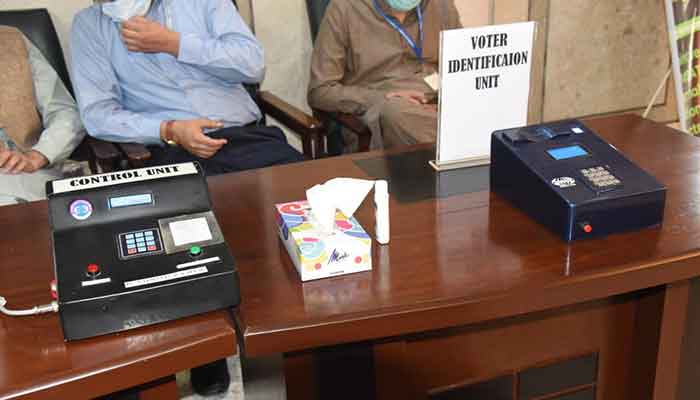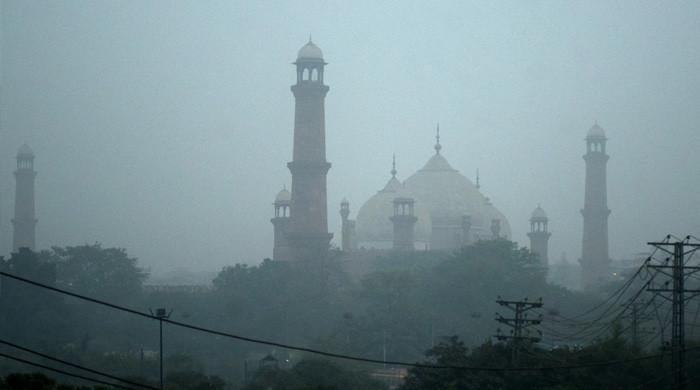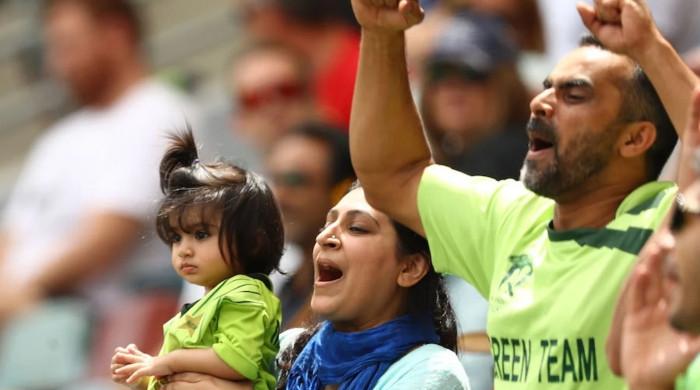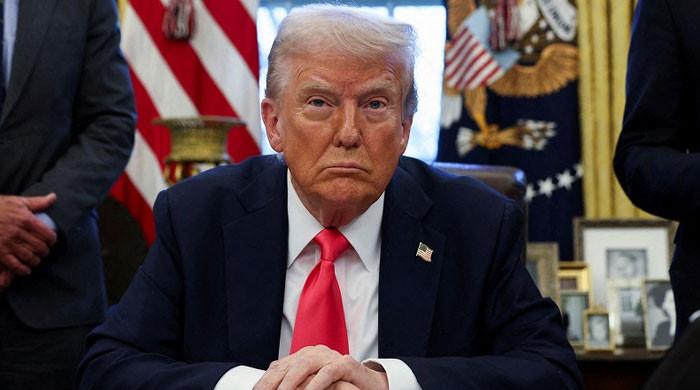Can we trust electronic voting?
There is deep suspicion about EVMs in Pakistan due to mistrust of governments lacking credibility
September 09, 2021

The determination of the PTI government to introduce electronic voting machines (EVMs) has been visible since it came to power. It has now passed an ordinance allowing the use of EVMs in the next general elections. That an ordinance is the correct way to tackle a sensitive problem like a change in the system of voting for elections is controversial on its own.
Ideally, the matter should be debated in parliament, and there should be some level of agreement among all stakeholders, including the opposition parties and the Election Commission of Pakistan (ECP), on whether such machines will work in a country where a large number of people are more accustomed to the system which is currently in use and where there has been no attempt to introduce EVMs or electronic voting, one tier at a time.
It is also a fact that EVMs appear to work better in presidential or one-tier voting systems than in systems where elections can be held at varying times, or perhaps at the same times for the election of candidates to various levels of government – central, provincial, and local. The use of EVMs for this will require various kinds of settings and a consistent change in how candidates are listed and allotted symbols. But again, this is not the key issue at stake here. The reality is that people here do not trust governments which lack credibility and are not seen by them as having their best interests at heart. There is, therefore, deep suspicion about EVMs and their misuse.
Technically, it is true that since EVMs are not interconnected in any way, even though in few countries they need internet connectivity, they are not easy to hack, and would require access to a particular machine if this was to happen. However, at the same time, we have heard of EVM vulnerability and electoral fraud in countries where voters are not highly literate and where they are unfamiliar with electronic equipment or voting machines. For example, in India, during the 2017 elections, a few videos were recorded that showed election officials appointed by the Bharatiya Janata Party (BJP) going up to the machine and quickly pressing a button on behalf of a voter who was somewhat hesitant to use the machine because s/he was not familiar with its usage.
This is something we will need to take safeguards against, given that people may not know how to use these machines, and ideally a mass media campaign should be conducted to teach them how to go about a business with which most of us are unfamiliar. There have also been allegations of EVM manipulation even in nations such as the US, where the machines were used for last year’s presidential elections that brought President Joe Biden to power. There were accusations that the machines had been tampered with, and several means were used to ensure they produced a specific result.
There is no real evidence to support this claim. But in Pakistan, conspiracy theories are a favourite pastime of people, and there is almost no doubt that such theories will crop up with regard to EVMs, especially given the lack of understanding about how they work and the lack of a unified view across party lines as to whether they should be used at all.
We have had such allegations in the past as well. In the 1990s, when a centralised system to count votes was set up, manned by agencies outside the Election Commission of Pakistan (ECP), there were allegations of massive fraud; it was said that in some constituencies, the overall votes were more than the number of eligible voters. For example, when national and provincial assemblies' polls were held, it was found that in many constituencies, or at least in a considerable number of them, more votes had been cast for the National Assembly seats than for provincial ones. This inferred that several voters had pocketed white ballot papers, meant for provincial assemblies, and cast the green one for the National Assembly.
On a large scale, this is an extremely odd and unbelievable behavioural pattern. The discrepancies in the voting seen at that time still need to be explained – several decades after the controversy occurred and was taken up but never answered properly despite press reports and questions raised by the opposition parties.
The opposition parties, too, are also responsible for this as they didn’t have proper records of votes cast and only a few candidates had polling agents who had handed over the results to a central office at the end of voting. There is also concern over the maintenance and update of machines. EVMs are used not only in India and the US, but also in countries which include Argentina and various other Latin American countries; the fact is they need to be overhauled and updated every few years in order to ensure precision and good working.
We hope that the authorities in Pakistan have looked into this matter, and they can ensure that they have the funding and manpower to enable this to happen. We also need to know if there will be a system that allows a paper ballot to be cast at the same time as an electronic vote, as is the case in India. We hope it is true as ministers have said that when a voter presses the button, a screen display will pop up showing how he has voted and a piece of paper with that information will be dropped into a secure box, so that, at a later point, paper ballots can be tallied with the result shown by the machines. This is also important in the event of malfunction or other problems. There is the need to ensure the availability of batteries as well to back the machines, given that electricity is not a commodity we can rely on, especially in rural parts of the country.
We, as voters, need to know precisely how all this will be achieved. EVMs will indeed make voting more transparent, and free of the constant allegations of rigging we see now. India has eliminated actions such as the forcible stuffing of voting ballots, something that still happens even in places like Karachi and in rural areas where people belonging to a particular party simply seize ballot boxes and fill them with votes. The matter of overseas voting, allowing people from across the world, who are Pakistani by nationality, to cast their ballots, raises different questions. And we don’t know yet how this is to be managed. Matters need to be made clearer to the people, ideally through parliament, so that more debates can take place and the controversy that has cropped up removed. Voting, after all, stands at the centre of democracy. Unless it is transparent and properly conducted, we cannot really claim to have elected governments democratically or without any manipulation in the manner in which they are brought to power.
The writer is a freelance columnist and former newspaper editor. She can be reached on [email protected]
Originally published in The News











